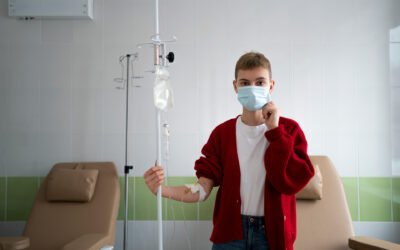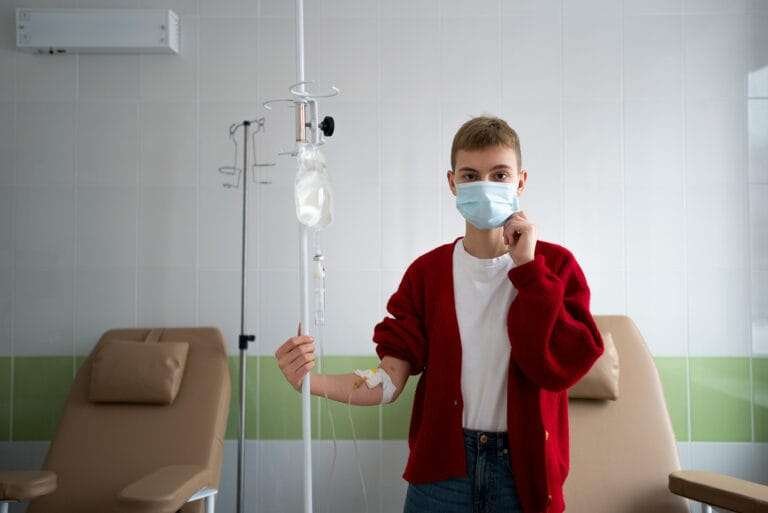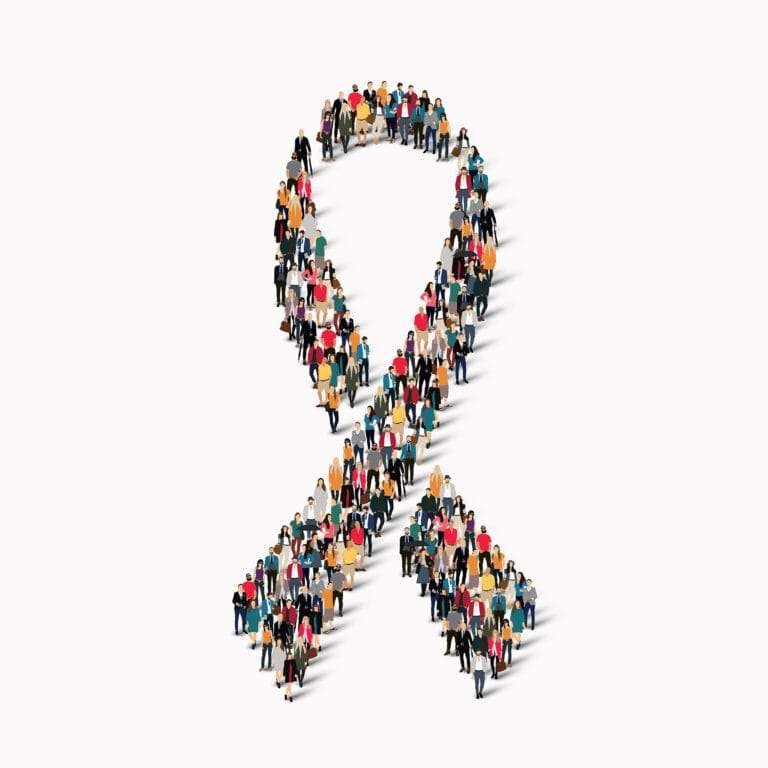Preventing Cancer
Avoid Tobacco and Limit Alcohol:
- Avoid smoking and the use of tobacco products.
- Limit alcohol consumption.
Healthy Diet:
- Eat plenty of fruits, vegetables, and whole grains.
- Avoid high-fat and high-sugar foods.
Regular Physical Activity:
- Engage in at least 30 minutes of physical activity daily.
- Maintain a healthy weight.
Sun Protection:
- Protect yourself from excessive UV radiation.
- Take precautions like using sunscreen,creams, wearing hats, and wearing protective clothing when in the sun.
Prevent Infections:
- Get vaccinated against hepatitis B and human papillomavirus (HPV).
Medical Screenings:
- Regularly undergo health check-ups and medical screenings as recommended.
Early Detection of Cancer
Breast Cancer:
- Self-Exams: Perform monthly breast self-examinations.
- Mammograms: Women in recommended age groups should undergo regular mammograms.
Cervical Cancer:
- Pap Smear: Women should have regular Pap smear tests.
- HPV Testing: Undergo HPV testing as recommended.
Lung Cancer:
- Low-Dose CT Scan: Recommended for smokers and those with a history of smoking.
Colorectal Cancer:
- Colonoscopy: Recommended for people in certain age groups and those with a family history of colorectal cancer.
Oral Cancer:
- Oral Exams: Regular oral examinations by a dentist or doctor.
Common Symptoms to Watch For
- Unusual lumps, bumps, or sores that don’t heal.
- Persistent bleeding or unexplained discharges.
- Sudden weight loss.
- Difficulty in swallowing or persistent indigestion.
Medical Consultation
- Seek medical advice promptly if you notice any unusual symptoms.
- Do not skip recommended medical check-ups and screenings.
Proactive health screenings and maintaining a healthy lifestyle can significantly reduce the risk of developing cancer and improve the chances of early detection.
Can all cancers be hereditary?
Not all cancers are hereditary. Some types of cancer are inherited, meaning they are caused by genetic mutations (changes in genes) passed down through families. Some examples include:
1. Breast and Ovarian Cancer:
Mutations in genes like BRCA1 and BRCA2.
2. Colorectal Cancer:
Lynch Syndrome and Familial Adenomatous Polyposis (FAP) are common inherited causes.
3. Prostate Cancer:
Certain gene mutations passed down in families may increase the risk.
4. Retinoblastoma:
A rare eye cancer in children, often inherited.


Relevant FAQs
கீமோதெரபி சிகிச்சைக்கு பக்க விளைவுகள் உண்டா?
ஆம், கீமோதெரபி பல பக்க விளைவுகளை ஏற்படுத்தும், இது கீமோதெரபி மருந்துகளின் வகை மற்றும் அளவைப் பொறுத்து மாறுபடும், அத்துடன் ஒட்டுமொத்த ஆரோக்கியம் மற்றும் சிகிச்சைக்கான சகிப்புத்தன்மை போன்ற தனிப்பட்ட காரணிகளைப் பொறுத்து மாறுபடும். கீமோதெரபியின் சில பொதுவான பக்க விளைவுகள்...
புற்றுநோய் வராமல் தடுப்பது எப்படி?
புற்றுநோய் தடுப்பு மற்றும் ஆரம்ப நிலையிலேயே கண்டறிதல் என்பது மிகவும் முக்கியமானது. பின்வரும் வழிமுறைகள் புற்றுநோயைத் தடுக்க மற்றும் ஆரம்பத்திலேயே கண்டறிய உதவும்: புற்றுநோய் தடுப்பு வழிமுறைகள் புகையிலை மற்றும் மது அருந்துவதைத் தவிர்க்கவும்: புகைபிடித்தல் மற்றும்...
புற்றுநோய் என்றால் என்ன
புற்றுநோய் என்றால் என்ன? புற்றுநோய் என்பது செல்கள் கட்டுப்பாடின்றி பெருகுவதால் ஏற்படும் நோயாகும். புற்றுநோய் மிக வேகமாக மற்றும் தன்னியக்கமாக அதிகரிக்கும் செல்களால் உடல் முழுவதும் பரவக்கூடியது. புற்றுநோய் பல்வேறு காரணிகளால் உண்டாகலாம், அதில் மரபணு மாறுபாடுகள்,...
What are the most common cancers, symptoms and causes
List of Cancer diseases in India Prostate Cancer Prostate cancer is a type of cancer that develops in the prostate gland, a small gland present in the male reproductive system. Prostate cancer is one of the most common types of cancer in men, particularly in older...
What causes chemotherapy hair loss?
Chemotherapy drugs are designed to target and kill rapidly dividing cells, such as cancer cells. Unfortunately, they can also affect other rapidly dividing cells in the body, including those in the hair follicles. This interference with the hair follicles' growth...
Nausea and vomiting caused by chemotherapy
Nausea and vomiting: Nausea and vomiting are common side effects of cancer treatment, including chemotherapy, radiation therapy, and certain medications. Managing these symptoms effectively can improve your comfort and quality of life during treatment. Here are some...











